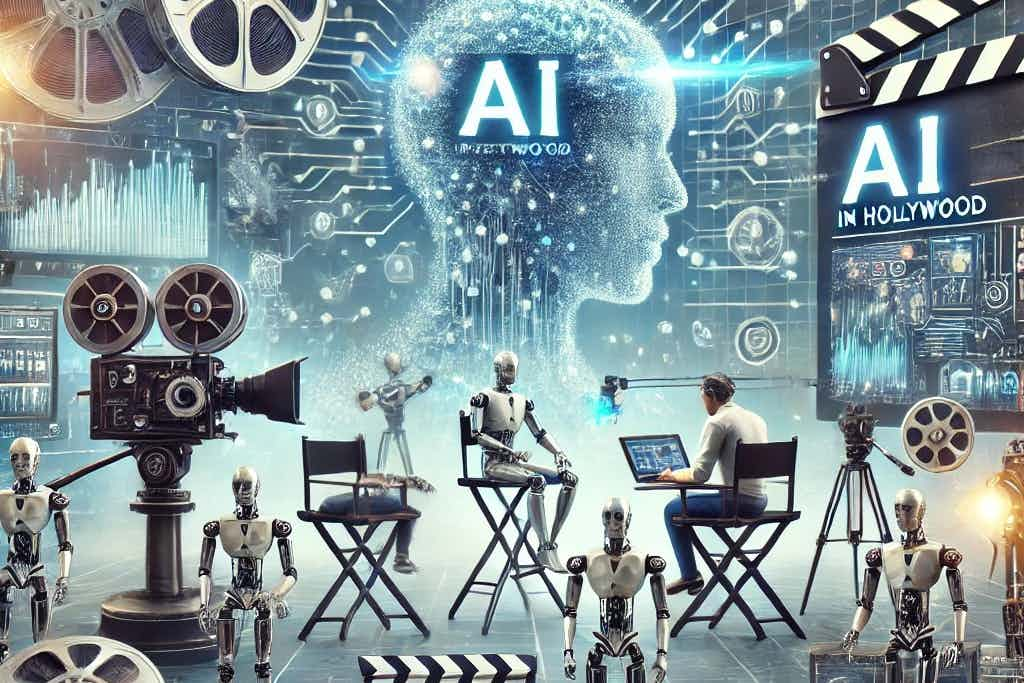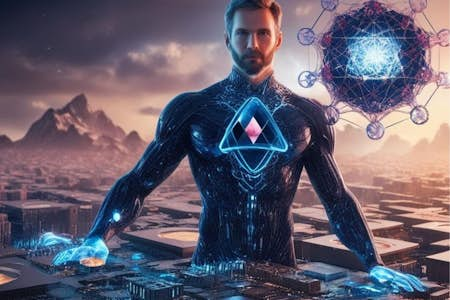In recent years, the film industry has witnessed a transformative shift with the integration of Artificial Intelligence (AI) into various aspects of filmmaking. From pre-production to post-production, AI is reshaping how movies are made, marketed, and even consumed. This technological revolution is not just changing the way filmmakers work; it's opening up new possibilities for storytelling and visual effects that were once thought impossible.
Streamlining Pre-Production
AI is making its mark in the earliest stages of filmmaking:
- Script Analysis: AI algorithms can now analyze scripts to predict audience reception, box office performance, and even suggest casting choices based on historical data.
- Budgeting and Scheduling: Machine learning models are being used to optimize production schedules and budgets, potentially saving studios millions of dollars.
- Location Scouting: AI-powered tools can scan vast databases of locations, matching them with script requirements and reducing the time and cost associated with physical scouting.
Enhancing Production
On set, AI is proving to be an invaluable assistant:
- Smart Cameras: AI-enabled cameras can now track actors automatically, adjust focus, and even suggest optimal camera angles.
- Real-Time VFX: Artificial intelligence is enabling filmmakers to see complex visual effects in real-time during shoots, allowing for better decision-making on set.
- Dialogue and Performance: Some directors are experimenting with AI to analyze actor performances in real-time, providing immediate feedback on emotion and delivery.
Revolutionizing Post-Production
Perhaps the most significant impact of AI is being felt in post-production:
- Editing: AI can now suggest edits based on pacing, emotion, and narrative structure, potentially reducing months of work to weeks.
- Visual Effects: From de-aging actors to creating entire digital characters, AI is pushing the boundaries of what's possible in VFX.
- Color Grading: Machine learning algorithms can now color grade entire films in minutes, matching specific visual styles or looks.
- Sound Design: AI is being used to create realistic sound effects, clean up audio, and even generate music that perfectly matches the mood of a scene.
Personalized Marketing and Distribution
Beyond the filmmaking process itself, AI is changing how movies reach audiences:
- Trailer Creation: AI can analyze a film and create multiple trailers tailored to different audience segments.
- Personalized Recommendations: Streaming platforms use sophisticated AI algorithms to suggest content, keeping viewers engaged.
- Release Strategies: AI models can predict optimal release dates and strategies based on countless factors, from social media buzz to competing releases.
Challenges and Ethical Considerations
While the benefits of AI in filmmaking are clear, it's not without challenges:
- Job Displacement: As AI takes over more tasks, there are concerns about job losses in certain areas of the industry.
- Creative Control: Some worry that over-reliance on AI could lead to formulaic filmmaking, prioritizing data over creative intuition.
- Ethical Use: The use of AI in creating digital likenesses of actors raises questions about consent and ownership.
- Authenticity: As AI-generated content becomes more prevalent, there are concerns about maintaining the authenticity of the filmmaking process.
The Future of AI in Film
As AI technology continues to advance, we can expect even more revolutionary changes in the film industry. From fully AI-generated background characters to interactive storytelling experiences, the possibilities are endless.
While AI is undoubtedly transforming Hollywood, it's important to remember that at its core, filmmaking is still a human art form. The most successful integration of AI in the industry will likely be one that enhances human creativity rather than replaces it.
As we look to the future, one thing is clear: AI is not just a passing trend in Hollywood. It's becoming an integral part of the filmmaking process, promising to bring new levels of efficiency, creativity, and innovation to the silver screen.








